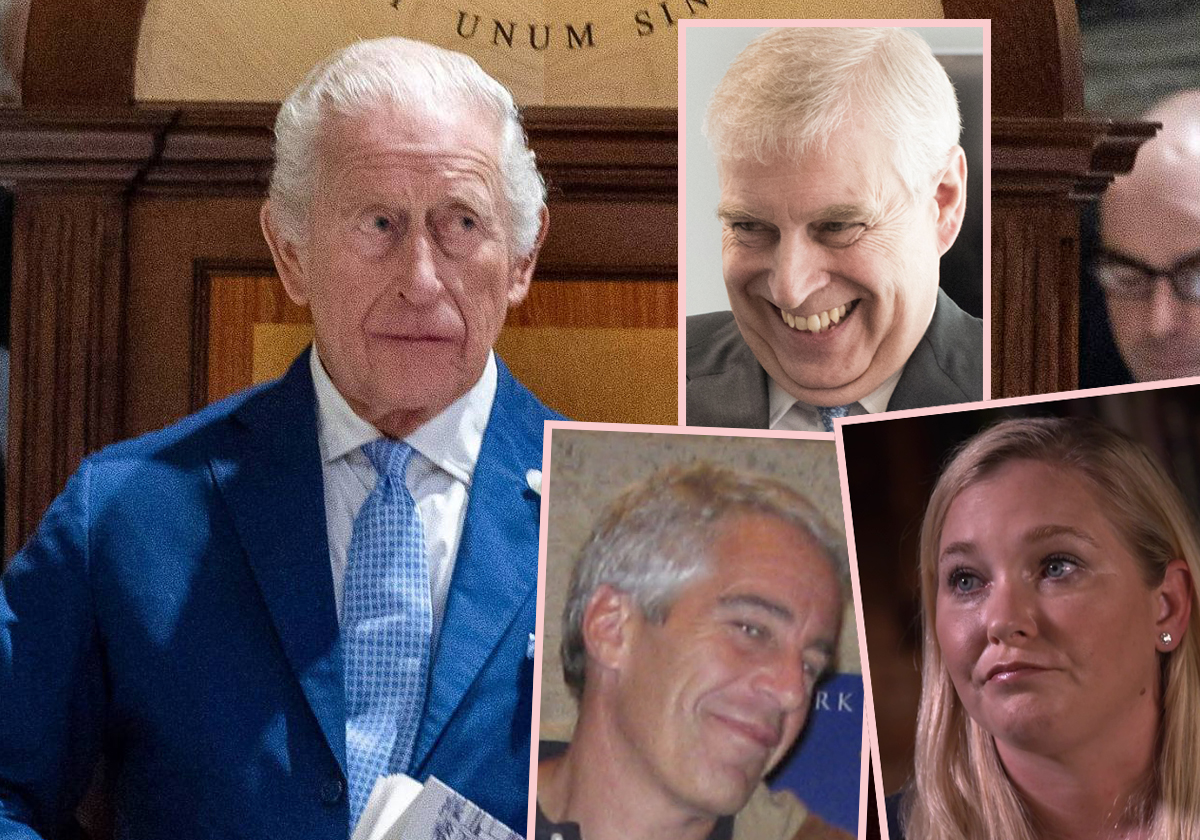The ghost of ‘Vertigo’ lingers over director Zachary Wigon’s latest.
NEON
There is a moment in Sanctuary, the sleek, irresistible new film from director Zachary Wigon, in which we see Margaret Qualley in a blonde wig. She stands with her back to the camera, the center of her head fully in the frame. The neat blonde wig is set against a rich red wall, an obvious visual reference to the moment in Vertigo when Scottie watches Madeline cross a crowded restaurant, becomes fixated on her hair, and begins his obsession. Wigon’s film, like Vertigo, is a film about lust, power, forbidden passions, and the blurred lines between what is real and pretend. It is about how we present ourselves to the world and a meditation on what it would be like if true desires informed our lives.
Qualley plays Rebecca, a professional dominatrix who frequents the hotel suite of Hal (Christopher Abbott). After the death of his father, Hall readies to take over his family’s hotel empire. Hal writes out the duo’s scripts, which often center on his own shortcomings, family expectations, and his relationship with the company’s board. One night, Hal decides that his new role means their partnership must end. He nicely thanks Rebecca and gives her an expensive watch. Rebecca, shocked by his decision, refuses to give in. What follows is an intense verbal, mental, and physical fight. She tries to convince him that this — what they do in the hotel suite — is what made him. It is good for him. She is what he needs and wants. Hal, ashamed, says otherwise. He insists that their relationship only threatens and undermines himself, his company, and the legacy of his father.
To watch Wigon’s film, which features a script by Micah Bloomberg, is to constantly question what is real and what is play. There are times when we do not know whether Rebecca, as she sets about convincing Hal not to end things, is speaking as herself or as a dominatrix. Is this all part of the “game,” as they call it, or is one of them actually in danger? When Rebecca threatens to reveal secrets about Hal to the company’s board if he ends things, does he become aroused? Angry? Scared? Or all three? The film reminds us that dividing human emotion and desire into single categories is a pointless, often impossible task.
Nearly all of the film takes place within Hal’s hotel suite. One could imagine a version of Sanctuary that feels more like a play. But Wigon and cinematographer Ludovica Isidori find ways to choreograph the camera to achieve maximum dramatic tension. The film begins with Rebecca in the role of dominatrix, ordering Hal around the apartment. The scene not only gives us a view into their relationship but a sense of the space. And as their fight grows more intense, for example, that interior knowledge becomes essential for us to orient ourselves. Equally impressive is how most of the film seems to take place in real-time. Both Qualley and Abbott bring a tremendous rhythm and energy to the dialogue-heavy performance.
Though Rebecca and Hal speak for nearly all of the film, it is their physicality and poise that stands out. We learn relatively little of either’s backstory, and Rebecca’s in particular. What we know we come to learn through their passion for the other. They bring a very specific kind of empathy through the screen, rooted mostly in the expressions that play across their bodies and faces: conflicted visions of pain and love. Notably, both Rebecca and Hal have aspects of their personality that could make them entirely unlikeable. Hal is the spoiled rich kid who threatens Rebecca with physical violence, for example. And Rebecca uses revenge porn as a bargaining chip if Hal does not comply with her wishes. Despite this, both Abbott and Qualley thread that line between disgust and empathy with tremendous skill, bringing two complex, riveting characters to life.
Viewers should pay particular attention to the trappings of Hal’s hotel suite. Despite Hal’s status, nothing about the room itself offers any warmth or comfort. It is a room seemingly haunted by the ghost of Hal’s father. The film avoids the usual, eye-rolling cliches about how “hard” it is to be wealthy. Instead, it seems to point toward the shallowness of wealth, the uninventiveness of it, and how it demands a certain kind of conformity. It is this conformity that Rebecca stands against. Her blonde wig set against the red backdrop is one of the only times the suite seems to have any color, any life. Though her blonde wig may recall Madeline, here, she is Scottie, bending the world to her vision. The difference here is how she employs that power and whom she uses it against.
The magnetism between Qualley as Rebecca and Abbott as Hal makes Sanctuary one of the most alluring films of the year. Their characters come awfully close to understanding the forces that draw them together but fall just short. The mysteries of human attraction are not puzzles to be solved but colorful ambiguities to embrace.
Sanctuary debuts in theaters on May 19, 2023. Watch the film’s trailer here.
Related Topics: Neon

Recommended Reading
















